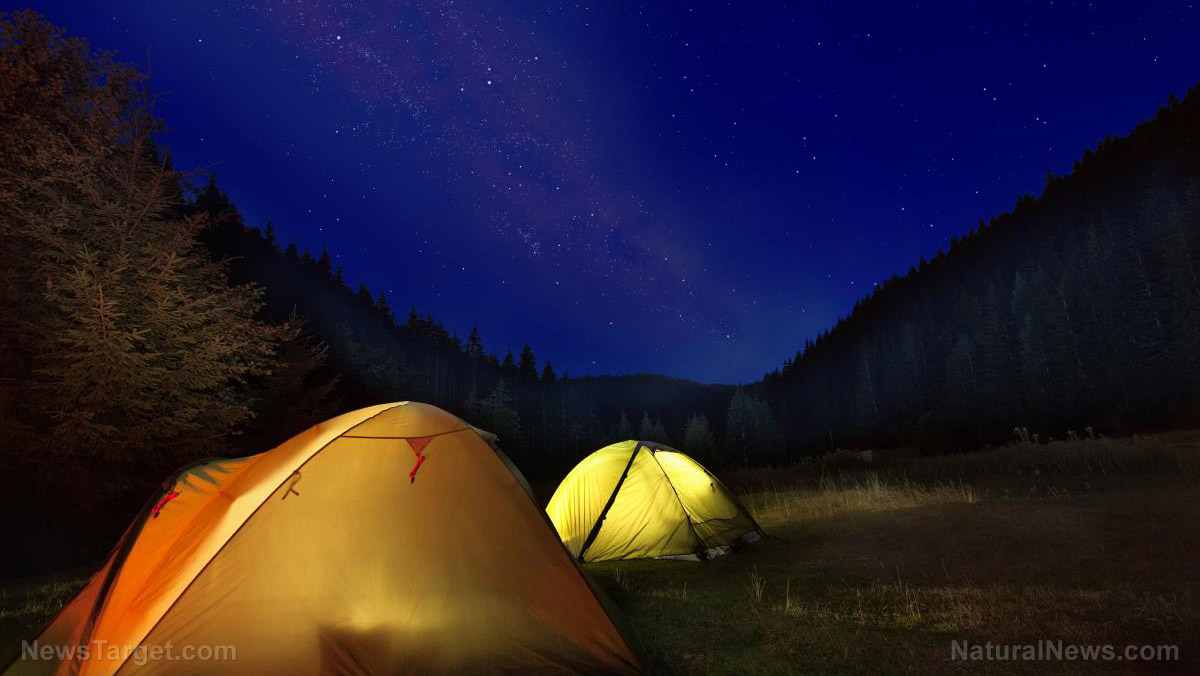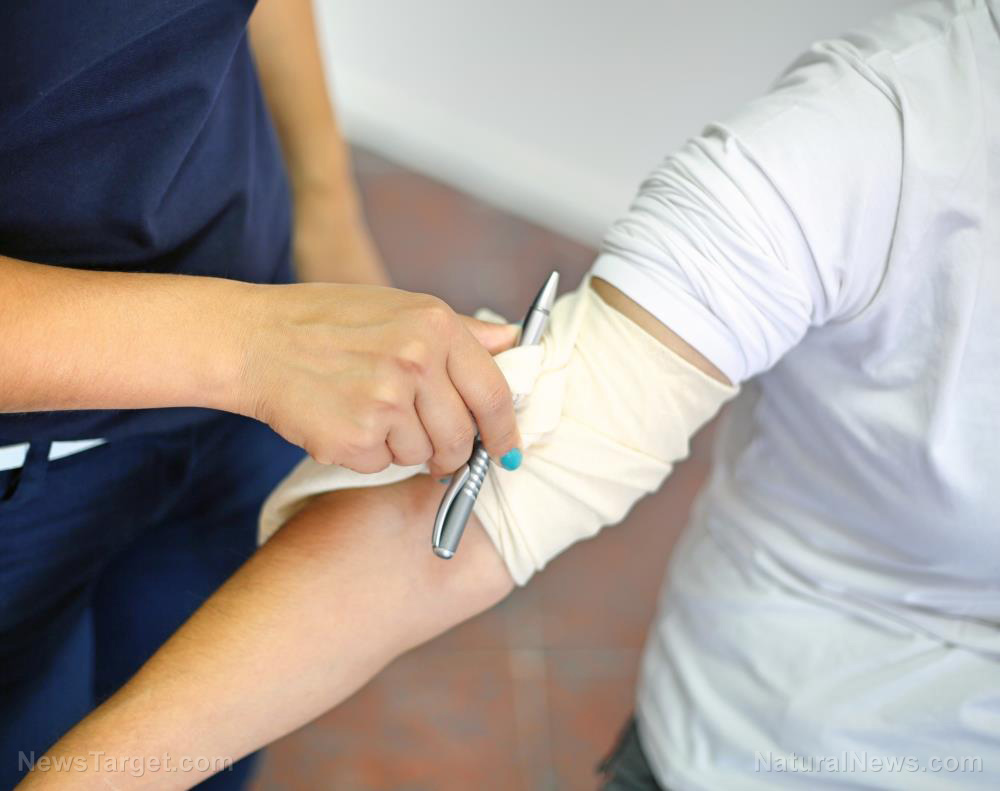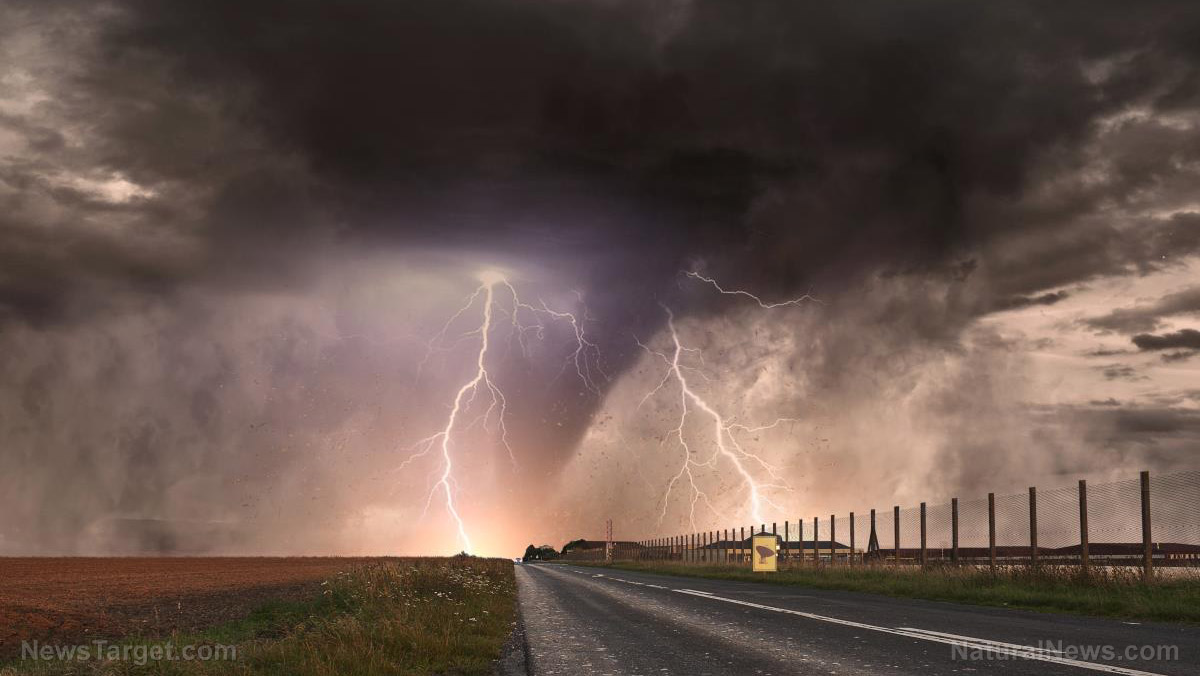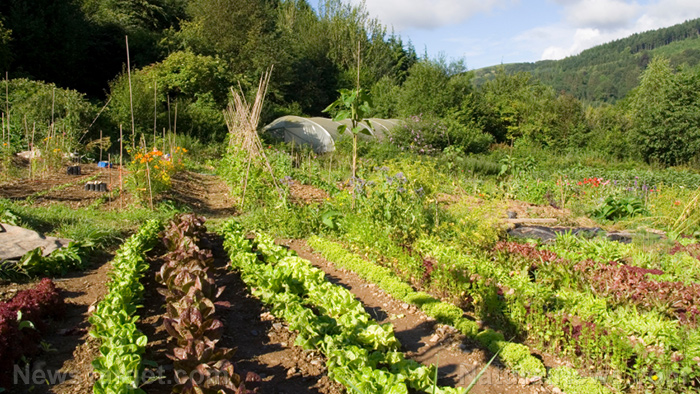How to stay safe when you’re camping: 5 Essential self-defense tips for campers
10/11/2019 / By Zoey Sky

Camping is a fun outdoor activity that lets you enjoy the beauty of nature as you practice your survival skills. But good preppers never let their guards down while they’re spending time with their family and friends outdoors. (h/t to PrepperBits.com)
Camping can sometimes put you in unfamiliar environments and expose you to different kinds of danger. To enjoy camping and ease your worries, remember these five important aspects of camping self-defense.
Planning
Planning is essential, even if you’re staying at a local campground or backpacking in a new location. During this stage, you need to study the area and obtain the following information:
- Advisories and news – Monitor the news and avoid dangerous areas. Bring weather-appropriate gear and supplies.
- Reviews and comments – Visit online forums and check insight from fellow campers. Take note of possible hazards, safety, and optimal campground locations.
- Updated map of the trail or campsite – Print a hard copy of the map and download a backup copy on your phone.
- Available resources – Inquire if the campground has emergency and security personnel, first aid, parking lots, security, and utilities.
Preparation
Before you go camping, learn general self-defense training and how to use the camping environment to your advantage when SHTF.
Test your gear at home. Don’t wait until you’re in the woods to see if your firestarter or camp stove is working. Practice how to set up your tent, especially if you’re a beginner. Once you get the hang of it, it’ll be easier when you need to set it up outdoors and under harsh conditions.
When you arrive at the campsite, gather large sticks and branches. Use these as campfire tools, tent stakes, and handheld self-defense weapons. You can also grab dirt, gravel, or rocks from the ground to throw at potential attackers. During the day, take note of where these objects are placed so you can grab them quickly when night falls.
Camping and self-defense equipment
Below are multipurpose items that you can use for camping and self-defense:
- Knife – Use your hunting knife to prepare food, open packages, or to hunt small animals. You also need a knife to create tinder or as a striker for fire-starting. A knife can be used to create tools from branches, sticks, or other materials. Finally, a knife is an effective self-defense weapon.
- Cordage – Use ropes to set up a shelter. You can use floss as a makeshift fishing line if you need food. For self-defense, you can create a perimeter around your campground via tripwires to deter trespassers.
- Pepper spray – Use pepper spray to fend off animals that may attack your group or humans who wish to do you harm. Note that bear spray has a lower concentration of oleoresin capsicum than pepper spray. This means bear spray won’t hurt the animal, but it will be enough to scare it away.
Prep your campsite
When setting up your campsite, use natural barriers to your advantage. For example, pitch your tents next to the side of a mountain so you have a natural barrier on the rear end of your camp. Doing this means no one can sneak up behind your tent. It also eliminates an entry point perimeter.
When camping with a group, make the tents face one another so each one is accessible. If you drove to the campground, keep your keys on your person at all times. Whenever possible, park your car close you can seek shelter if SHTF. (Related: 5 Common dangers to avoid in the wilderness.)
Socialize
Take the time to chat with other campers and campsite staff. Ask them how they’re doing and if there are things you should look out for, like rowdy campers or suspicious events at night.
Camping is a great way to relax and practice your survival skills, as long as you take the necessary precautions.
Sources include:
Tagged Under: camping, camping safety, emergencies, off grid, outdoors, personal safety, prepper, prepping, safety, Safety Tips, self-defense, self-reliance, SHTF, survival, survival gear, survival skills, survival tools, wilderness
RECENT NEWS & ARTICLES
COPYRIGHT © 2017 PREPAREDNESS NEWS



















